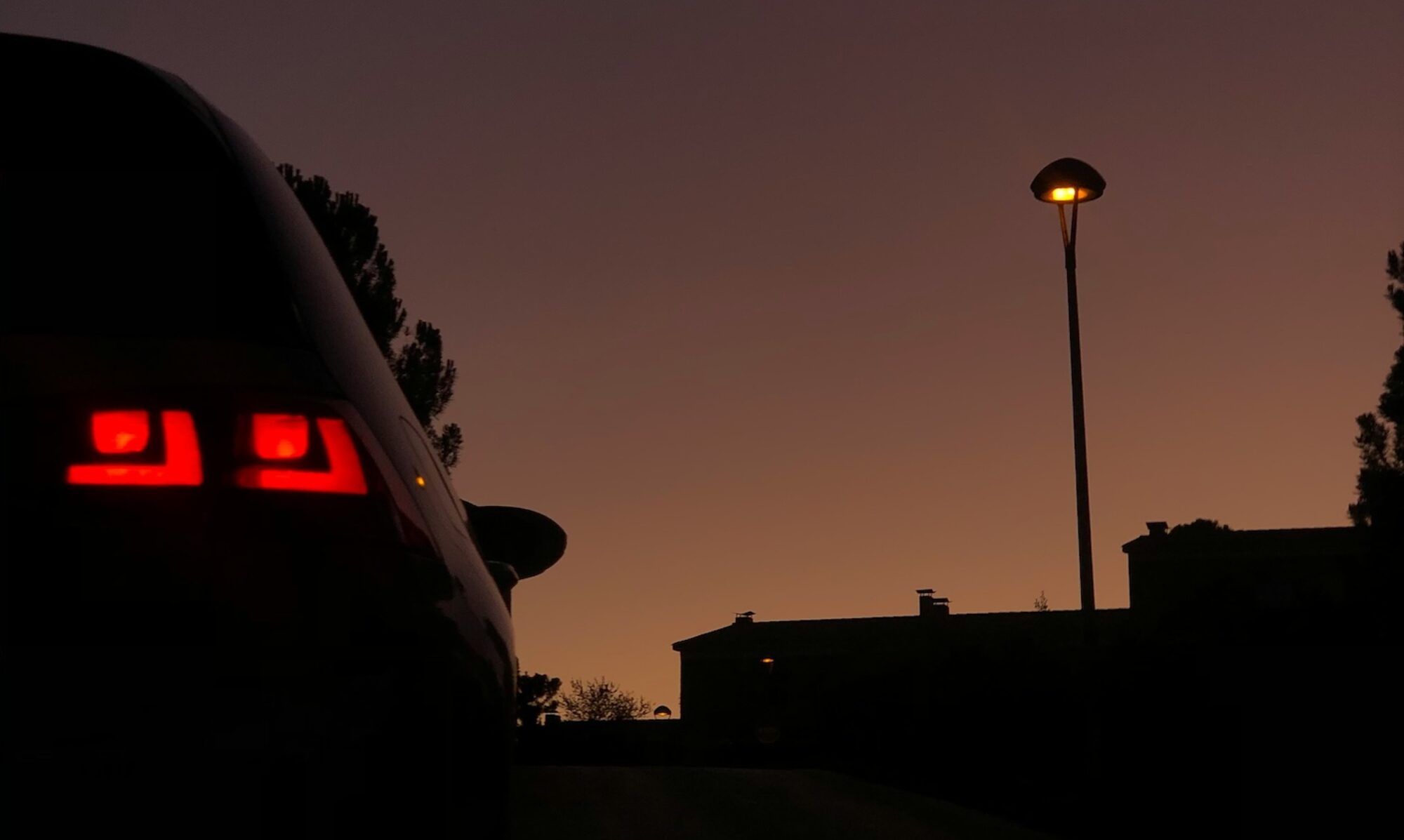 Last Friday evening, 12 police officers responded to reports of a disturbance at a gathering at a community pool in McKinney, Texas. One of the officers from the Dallas suburb was caught on a cell phone video wrestling a 14-year-old girl to the ground. At one point, he pulled out his gun, after two youths had approached him near his gun.
Last Friday evening, 12 police officers responded to reports of a disturbance at a gathering at a community pool in McKinney, Texas. One of the officers from the Dallas suburb was caught on a cell phone video wrestling a 14-year-old girl to the ground. At one point, he pulled out his gun, after two youths had approached him near his gun.
As said by the McKinney police chief, Cpl. David Eric Casebolt’s actions “as seen on the video of the disturbance at the community pool, are indefensible. Our policies, our training and our practices do not support his actions.” Note that Casebolt is white; the teen is black; and there were no sustainable injuries. Casebolt resigned on Tuesday. His attorney acknowledged the wrongdoing and expressed his apologies.
The reaction to this case is interesting. Some have called for Casebolt to be criminally prosecuted; some have questioned why any are paying attention. Some have called on “white people” to “wake up”; still others have come to Casebolt’s entire defense. I am continually struck by persons who are stuck in a single stance — who can only see one, typically emotionally-driven perspective. There are about 3,000 angles and aspects to consider regarding this situation; it’s not a simple, sided issue.
A couple thoughts strike me immediately… (1) the video doesn’t show all that happened nor all that was said; (2) Casebolt obviously overreacted; and (3) it’s amazing the power the free promotion of a YouTube video provides.
I’m led, though, to contemplate a deeper question. Clearly, Casebolt made a signifcant mistake. What should be the consequences? Does he deserve our forgiveness? And how do forgiveness and consequences fit together? I pose these questions in light of those who believe his resignation is not enough. Many believe Casebolt should never be allowed to be rehired. By anyone. Ever.
I understand. There are times in my life where persons have wronged me — even to the point of significant physical and/or emotional harm. Does that mistake mean the person responsible should never be allowed to function in such capacity again?
I’m wondering if the more insightful (but uncomfortable) bottom line today wrestles with the appropriateness of forgiveness. How does forgiveness play itself out? Does it only go so far? Are there places where people cross a perceived line, and forgiveness is no longer an option? And then, it’s as if we demand the right not to forgive…
We demand, for example, that Ray Rice never again play in the NFL because he hit his then fiancée (now wife); he should not be forgiven and thus lose his right to play. We demand that Adrian Peterson also be banned because he used a “switch” on his son.
I know these are serious issues, but what if people are sincerely sorry? … from Rice to Casebolt to you and me? Does that mean no second chances? And yet…
Many of us quickly forgave Kobe Bryant, even though he settled out of court after sexual assault allegations against a 19 year old girl. He is still celebrated in the NBA…. many of us quickly forgave Bill Clinton, even though he has been involved in numerous incidents of infidelity. He still is celebrated by multiple, political masses.
Friends, I’m not suggesting the Intramuralist knows who is and is not deserving of forgiveness. I am noting instead that we often demand that some are not deserving, but turn around, and generously offer it to another.
My sense is that offering forgiveness is always a better approach. While forgiveness does not equate to an absence of consequence, condemnation for singular mistakes does not seem wise.
Many times I have needed forgiveness. I didn’t deserve it, but I needed it. (I knowingly needed it, in fact, just last week.) But that lack of deservingness is precisely what makes forgiveness so powerful. Only when we are aware of how much we need forgiveness — and will continue to need it — are we good at generously offering it to others. Just my two cents… ok, maybe more.
Respectfully…
AR

it is important to make a distinction between forgiveness and trust. I absolutely agree we need to work toward the decision and active choice to forgive. However, a decision to forgive does not immediately indicate the ability (or the wisdom) in trusting again. We can forgive this now former officer for his grievous mistake, but it takes time and it takes evidence to give trust again. I would not suggest an abuse victim hold onto bitterness, but I would suggest caution in placing themselves again in the presence of the abuser without evidence of repentance and transformation. So it is in this case.
Well said, Angie.